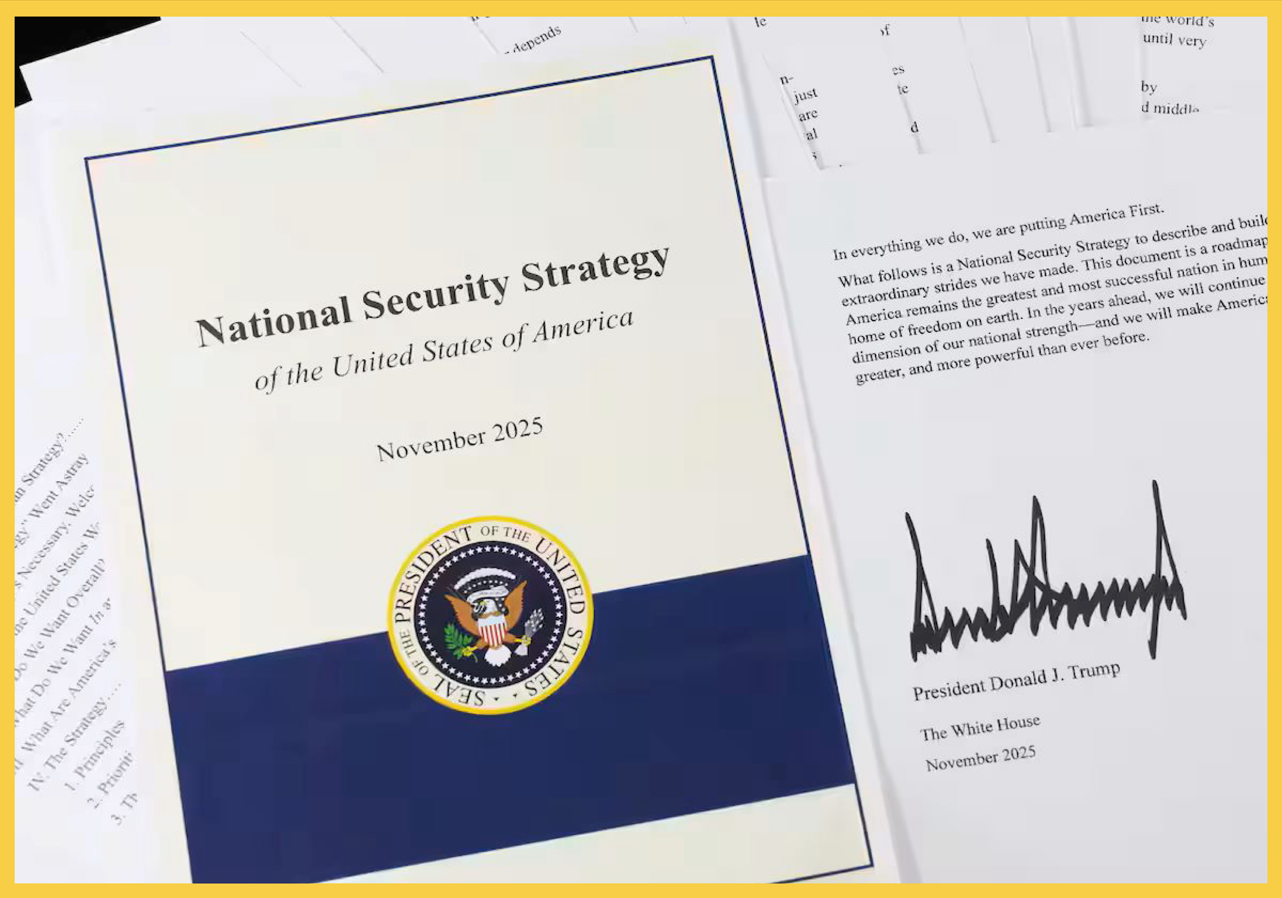
Diao Daming, Professor at School of International Studies and Deputy Director of Center for American Studies, Renmin University
Dec 19, 2025
The new White House National Security Strategy provides a critical window for understanding America’s view of the roles of major powers and the international order. But Donald Trump’s brash and unpredictable personal characteristics are a wild card that will keep the world in suspense.
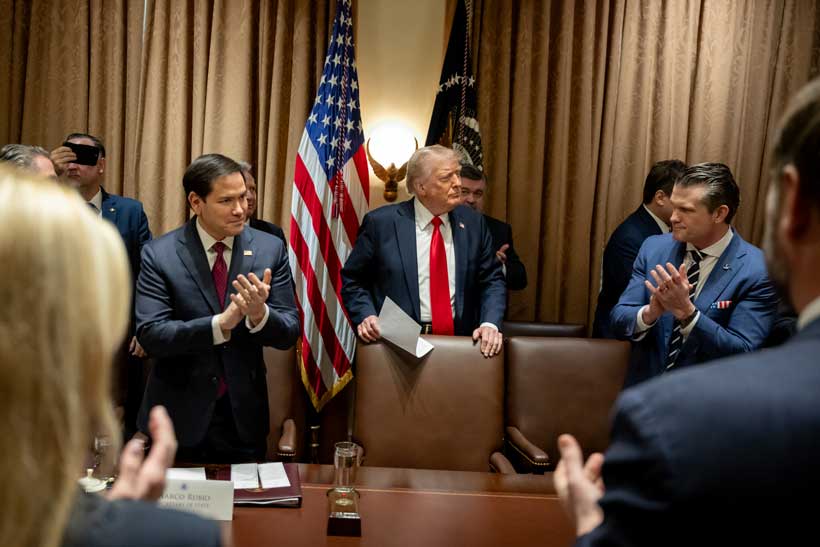
Stephen Holmes, Professor at New York University School of Law, Berlin Prize Fellow at American Academy in Berlin
Dec 10, 2025
The new US National Security Strategy is not, in any meaningful sense, a strategy. A strategy connects means to achievable ends. What President Donald Trump’s White House published last week is something else: a 33-page confession that this administration does not believe in the future – and therefore sees no point in investing in it.

Dan Steinbock, Founder, Difference Group
Dec 10, 2025
Last week, the Trump administration released its new national security strategy. It was quickly condemned by the neoconservatives — perhaps because it is more realistic about multipolarity.
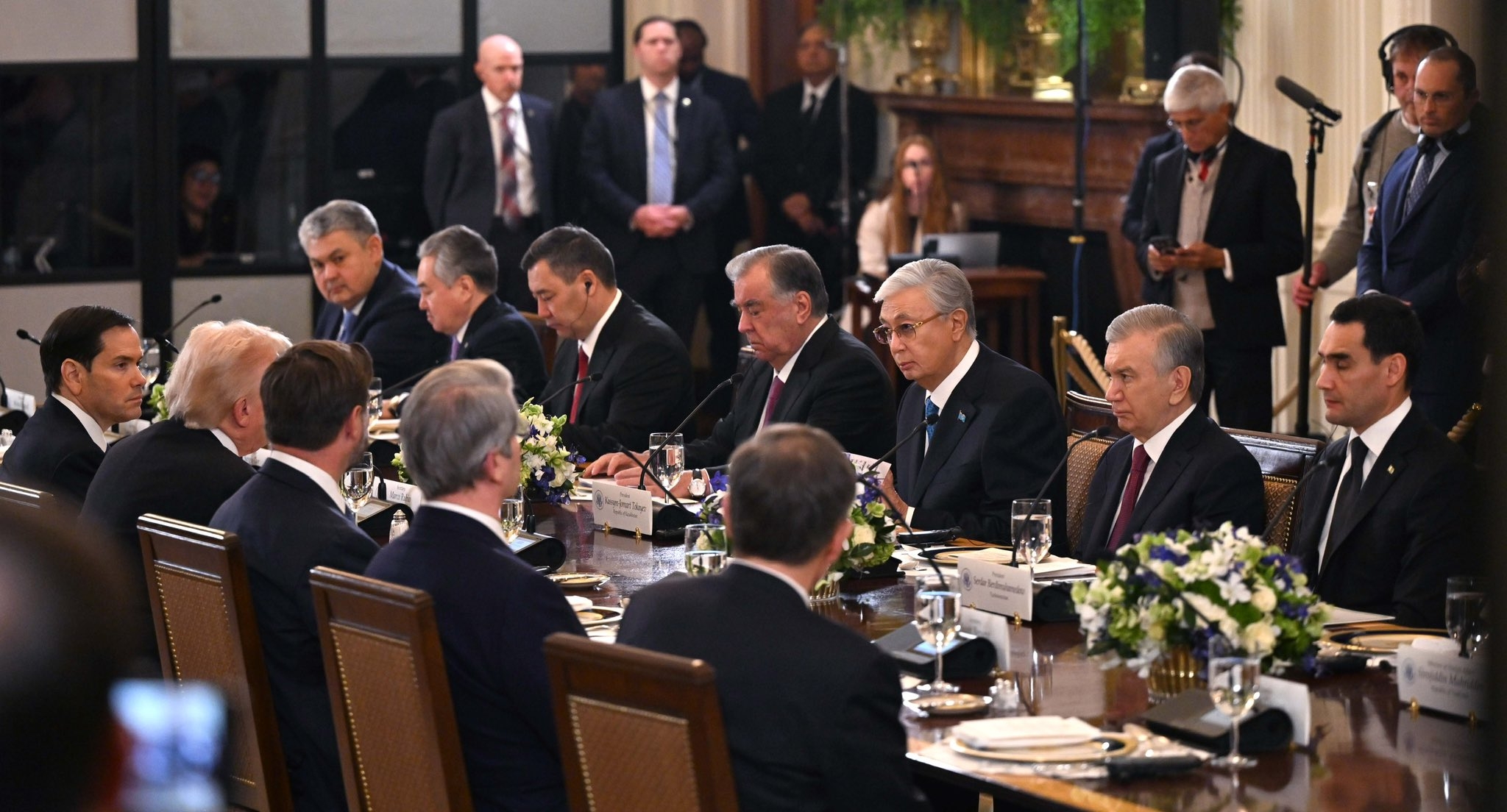
Xiao Bin, Deputy Secretary-general, Center for Shanghai Cooperation Organization Studies, Chinese Association of Social Sciences
Dec 08, 2025
The Trump administration’s transactional diplomacy in Central Asia comes with both reconfiguration and constraints. It has broadened the scope of U.S. engagement, yet its depth and structural impact on regional geopolitics are limited.
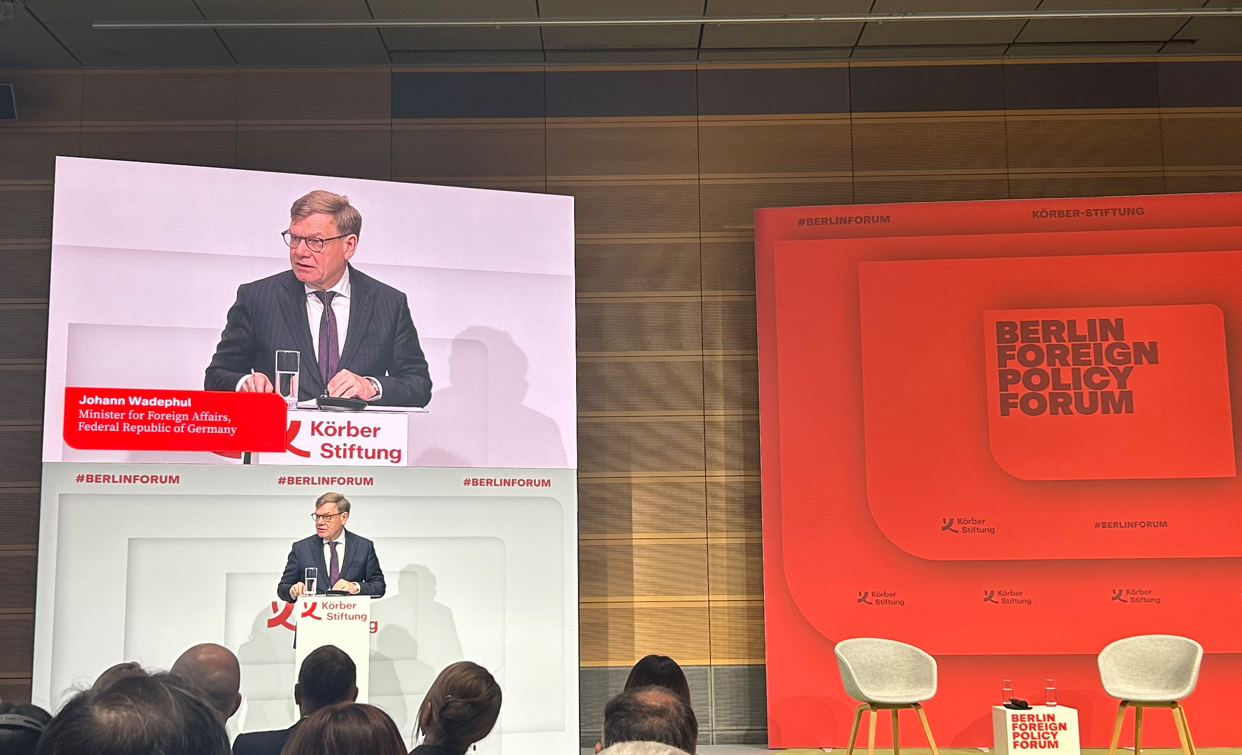
Sun Chenghao, Fellow, Center for International Security and Strategy of Tsinghua University; Munich Young Leader 2025
Dec 02, 2025
Europe’s dissatisfaction, anxiety and dependence will continue to shape the next stage of transatlantic relations. The rift may not lead to a break. But it will likely lead to a relationship that becomes ever more transactional, more realist and ultimately more fragile.
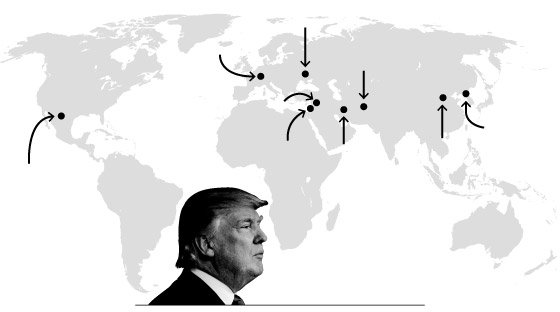
Ted Galen Carpenter, Senior Fellow, Randolph Bourne Institute
Nov 21, 2025
U.S. leaders consistently lack strategic empathy, failing to consider how their actions are perceived by other nations. This longstanding blindness has fueled past conflicts and now risks sparking new crises with Russia and China.

Li Yan, Director of President's Office, China Institutes of Contemporary International Relations
Nov 05, 2025
Maximum pressure, transactional thinking and an emphasis on spheres of influence all define Donald Trump’s approach to diplomacy and give concrete form to his “America first” ideology. In a world undergoing turbulent change, the impact and destructive effect of this approach demand vigilance.
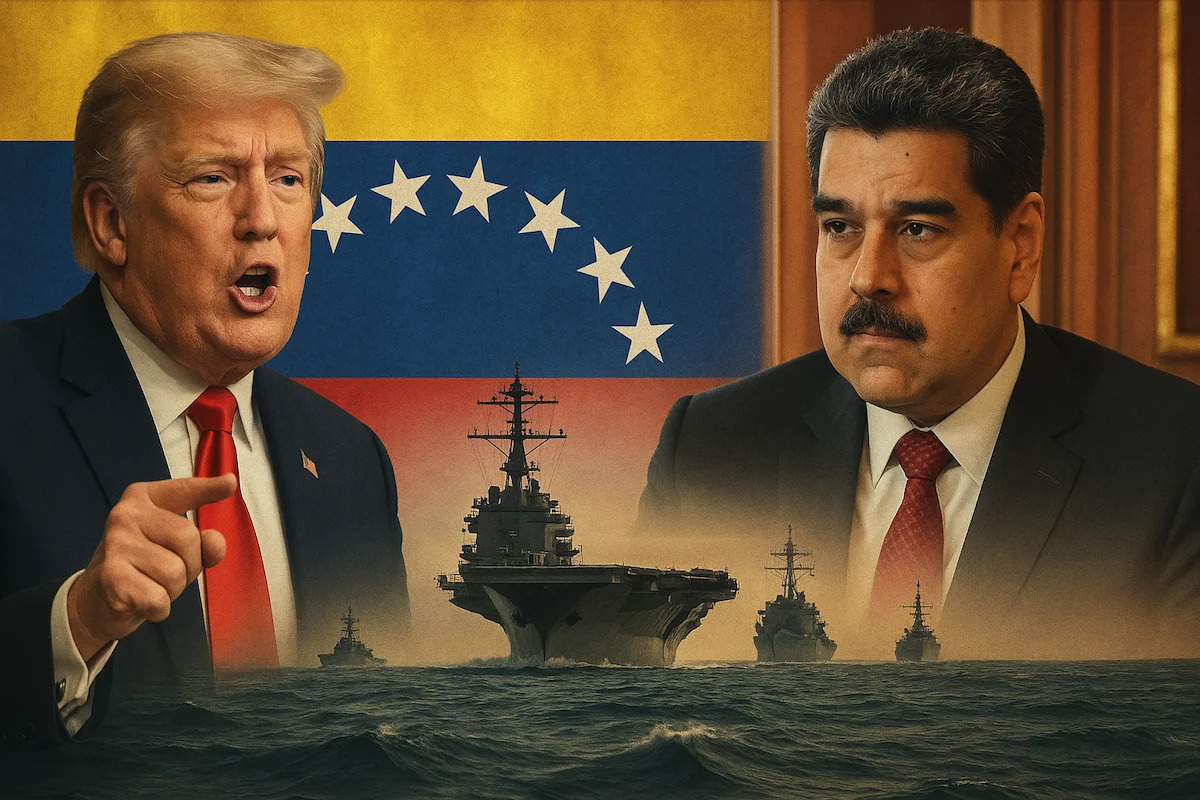
Zhao Minghao, Professor, Institute of International Studies at Fudan University, and China Forum Expert
Oct 27, 2025
The U.S. president is attempting to create his own brand of diplomacy for the Western Hemisphere, but it’s hard to find the right words to describe it. While the United States hopes to reduce its burden for safeguarding the international order, what it wants in its own neighborhood is only expansion.
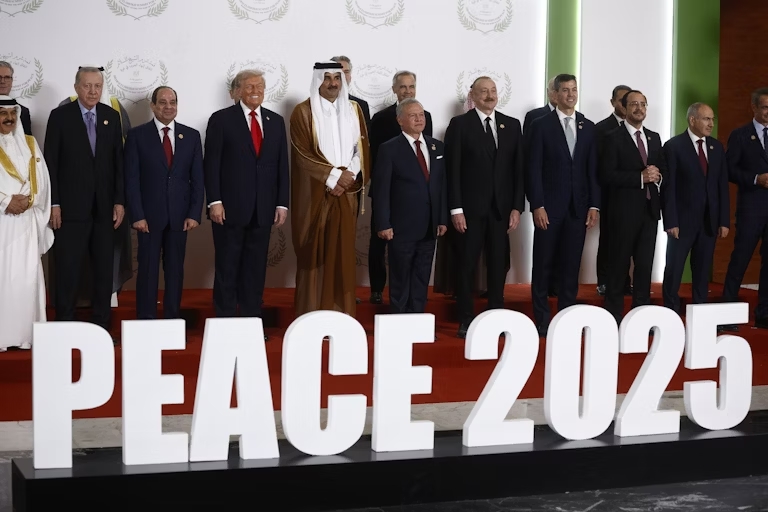
Sebastian Contin Trillo-Figueroa, Geopolitics Analyst in EU-Asia Relations and AsiaGlobal Fellow, The University of Hong Kong
Oct 17, 2025
As Trump’s administration barrels forward, what seemed like a potential era of isolation has become a series of interventions that seemingly have come with one single calculation resting on America’s peerless power.
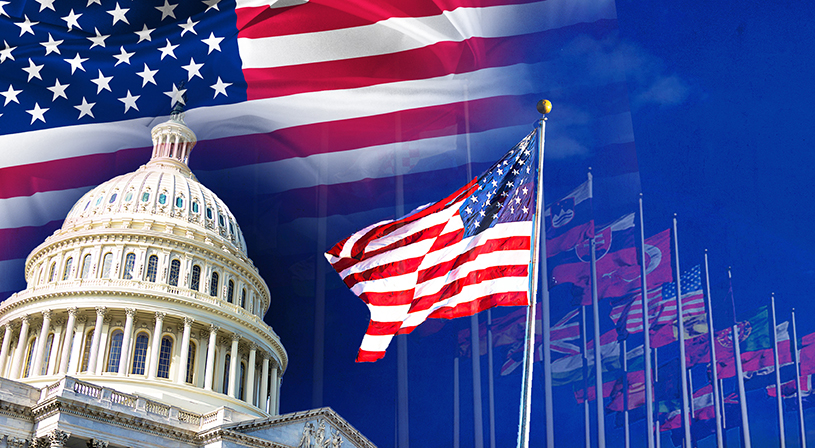
Li Yan, Director of President's Office, China Institutes of Contemporary International Relations
Sep 29, 2025
The United States faces a profound domestic governance crisis compounded by a loss of international credibility. This is undermining policy cohesion and eroding the foundation of America’s long-term strength and global influence.
Back to Top

- China-US Focus builds trust and understanding between the U.S. and China through open dialogue among thought leaders.
- Our Offerings
- Topics
- Videos
- Podcasts
- Columnists
- Research Reports
- Focus Digest
- Stay Connected
-
Thanks for signing up!
- Get the latest stories from China-US Focus weekly.